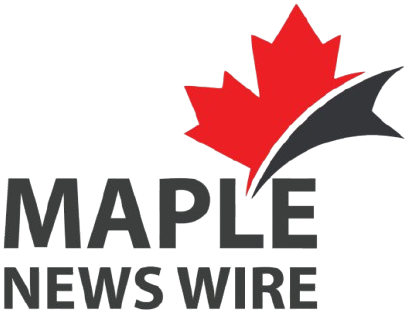Canadian startups are reassessing cloud providers amid data privacy laws, global tensions, and the need for sovereignty.
Earlier this year, Canada’s then-Innovation Minister François-Philippe Champagne issued a stark warning after engaging with business leaders in Montréal. His message was clear: Canada’s dependence on foreign infrastructure—especially American—could jeopardize innovation and security.
Among those present was OVHcloud, a European cloud provider that has been operating in Canada since 2012. For OVHcloud’s public affairs lead Guillaume Gilbert, the moment crystallized an industry-wide shift already underway.
Cloud Infrastructure: No Longer Just ‘Plumbing’
Startups once treated cloud providers like behind-the-scenes utilities. But shifting geopolitical dynamics, rising data privacy demands, and tighter regulations have transformed cloud infrastructure into a strategic decision.
“Startups are realizing they can’t put all their eggs in one basket,” said Gilbert. “They need providers who are transparent about what they do with your data.”
From investor meetings to pitch decks, questions around data location and provider choices are growing louder.
Urgency from Within the Ecosystem
Katya Guez, Startup Program Manager at OVHcloud, confirmed a rising trend: more startups now treat cloud provider diversity not as an option but a necessity.
“Until now, having diversified cloud providers was a nice-to-have. Now it seems urgent,” she said. Customers and stakeholders are increasingly scrutinizing data strategies, demanding transparency and due diligence from startups.
Even traditional sectors like manufacturing are catching up. Brock Rowlands of Ontario-based Evormore noted that, only months ago, cloud conversations rarely mentioned sovereignty. Now, it’s a central issue.
Domestic AI Infrastructure Gains Priority
The implications extend beyond startups. Canadian accelerators like ventureLAB have joined the call for strengthening domestic infrastructure, especially in artificial intelligence.
“Investing in Canadian AI compute infrastructure is no longer optional—it’s essential,” said Garry Chan, Head of AI Initiatives at ventureLAB.
Global Laws, Local Risks
Concerns over data sovereignty aren’t hypothetical. Canadian investor John Ruffolo recently warned that the US Cloud Act gives the US government sweeping power to access or disrupt foreign data operations without notice. China enforces similar laws.
Increased global regulation—from the EU’s GDPR to Québec’s Bill 25—is forcing startups to reevaluate where their data resides and how their tech stacks comply.
OVHcloud Offers a Strategic Alternative
Unlike US providers, OVHcloud operates under both Canadian and European privacy standards, making it an attractive option for companies aiming to stay compliant across markets. Its infrastructure emphasizes reversibility, transparency, and interoperability—key attributes for startups wary of hidden exit fees and vendor lock-in.
According to Guez, many startups who once opted for whichever provider offered the fastest setup now find themselves stuck when costs rise or laws change. OVHcloud aims to change that by giving companies more control.
Innovation Requires Freedom of Choice
The narrative is shifting fast. In a landscape where trade tensions, legal risks, and data sovereignty concerns loom large, OVHcloud is rapidly emerging as a favored choice for startups aiming to safeguard both their data and their future.
“This is about startups reassessing their priorities,” Gilbert said, “to make sure they remain free to innovate—and free to choose the technology behind that innovation.”
Stay tuned to Maple News Wire for more insights from Canada’s evolving tech ecosystem.




